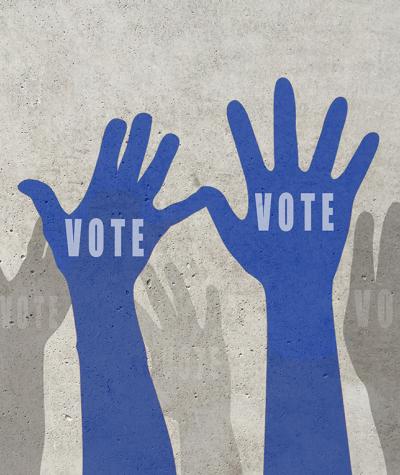In a setback for efforts to rein in political corruption and broaden electoral participation, a California appellate court on August 26, 2019, affirmed a lower court decision that invalidated Senate Bill 1107 (SB 1107)—a state law that authorized public financing programs at the state and local levels.
In August 2016, the California legislature overwhelmingly passed SB 1107 to allow California’s state and local governments to establish public financing programs to support candidates running in state and local elections.
When the legislature approved SB 1107, it did so to advance the good-government purposes of the Political Reform Act of 1974 (PRA)—California's signature campaign reform law passed nearly a half-century ago.
The Howard Jarvis Taxpayers Association (HJTA) challenged SB 1107 in December 2016, and the trial court ruled in favor of HJTA. The lower court struck down the law on the grounds that it does not further the purposes of the PRA.
But public financing directly furthers the express purposes of the PRA, including reducing candidates’ reliance on large contributions from lobbyists and special interests “who thereby gain disproportionate influence over governmental decisions” and ensuring a responsive government that serve “citizens equally, without regard to their wealth.”
The research on public financing supports this conclusion. Researchers at the Campaign Finance Institute found that New York City’s matching funds program significantly increased the number of small individual donors and their proportional importance to city council candidates.
A Stanford University professor found that Maine’s clean elections law immediately increased the number of candidates and decreased the margin of victory in state senate elections in districts where a candidate accepted public funding.
Campaign Legal Center (CLC) filed friend-of-the-court briefs on June 28, 2017 and March 14, 2019, arguing that given the judicial findings and academic research, providing California’s state and local governments with the option of implementing citizen-funded elections clearly furthers the PRA’s purposes.
The California Attorney General has the option to seek review of the appellate decision by filing a petition for the state Supreme Court to hear the case, which has discretion to reject or accept such petitions.
Learn more about CLC’s work to defend campaign finance reform here.

